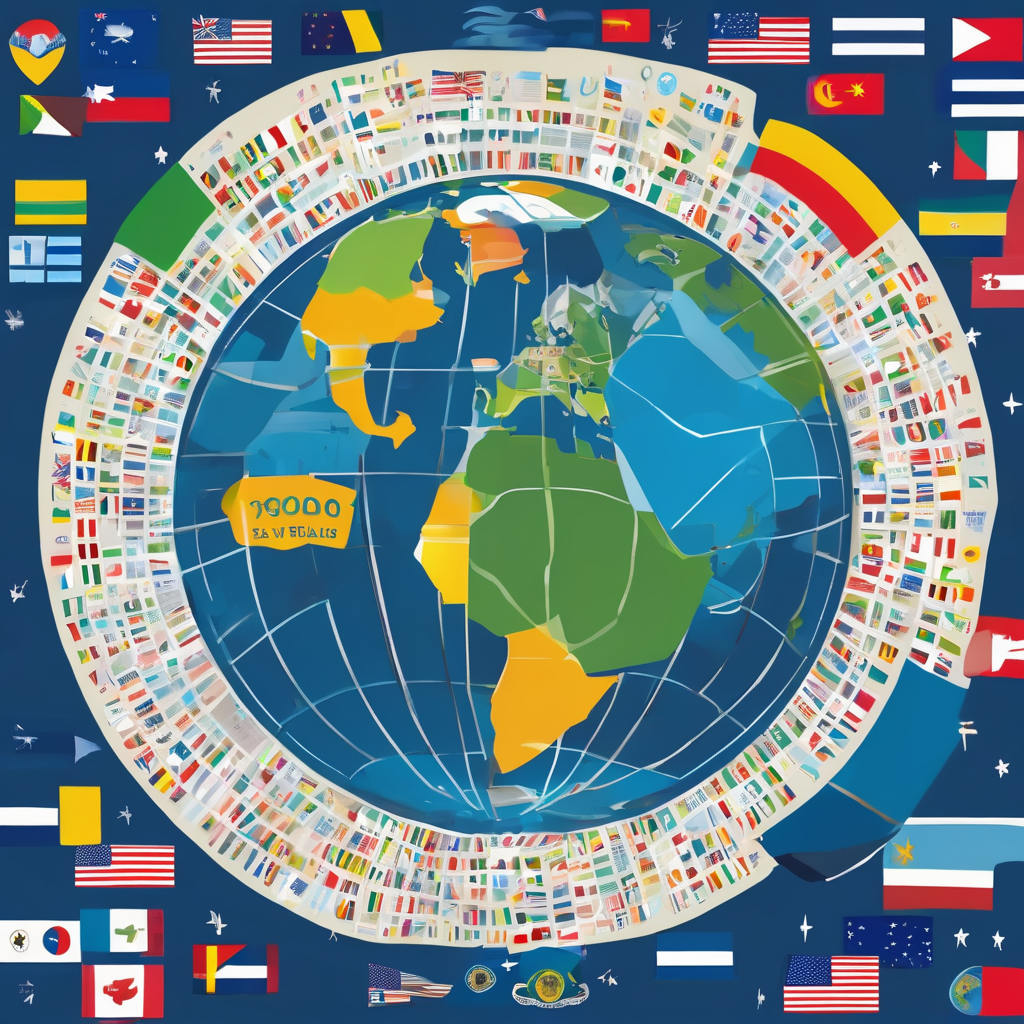Palau is making significant strides at the 30th United Nations Climate Change Conference (COP30) in Belém, Brazil, where it is currently serving as the Chair of the Alliance of Small Island States (AOSIS). This coalition consists of 39 small island and low-lying coastal nations that are united in advocating for impactful global climate measures to protect vulnerable island communities from the effects of climate change.
At COP30, AOSIS is highlighting the urgent necessity to revert to the 1.5°C global warming target, a fundamental objective of worldwide climate efforts. The alliance is urging all countries to honor their commitments as outlined in the Paris Agreement while calling for new Nationally Determined Contributions (NDCs) for 2035. This request aligns with the insights gained from the first Global Stocktake (GST) conducted in 2023, which aims to bridge the gap between global climate ambitions and actual implementation.
AOSIS is also pursuing advancements in the Global Goal on Adaptation, focusing on ensuring nations are adequately supported to enhance their resilience against climate impacts. The coalition is advocating for increased concessional finance to address adaptation needs and to manage loss and damage effectively, all while preventing any rise in debt levels. Additionally, AOSIS seeks to uphold a Just Transition, ensuring development remains equitable and inclusive.
Palau emphasizes the necessity for climate finance that is readily accessible and structured as grants rather than loans, which would significantly aid both national and community resilience. This stance echoes AOSIS’s push for a more predictable and robust funding mechanism for the Fund for Responding to Loss and Damage, aimed at aiding communities grappling with immediate climate challenges such as rising sea levels and extreme weather.
The setting of COP30 in the Amazon region has also provided AOSIS with a platform to raise awareness about the collective duty of nations to safeguard biodiversity. For island nations, protecting healthy oceans, cultural heritage, and sustainable livelihoods is vital, particularly in the face of climate change challenges. This emphasizes the need for commitments from more prominent nations to effectively support these efforts.
Palau’s proactive role at COP30 aligns with its national initiatives, including the Palau Climate Change Policy, the National Adaptation Plan, and its respective NDC. These frameworks support broader climate resilience strategies, encompassing enhancements in coastal protection, water security, renewable energy development, and the preservation of historical sites. COP30 represents an invaluable opportunity for Palau to strengthen collaborations and mobilize resources to bolster community resilience.
As the conference continues, there is a sense of cautious optimism regarding potential outcomes that could transition discussions into tangible actions. Palau and AOSIS’s commitment to advancing equity and fostering the well-being of island communities highlights a united effort in combating climate change, emphasizing the essential nature of global solidarity in tackling this critical issue. Such engagement not only showcases Palau’s dedication but also reflects a hopeful trajectory towards a more sustainable future for vulnerable nations facing climate adversity.
